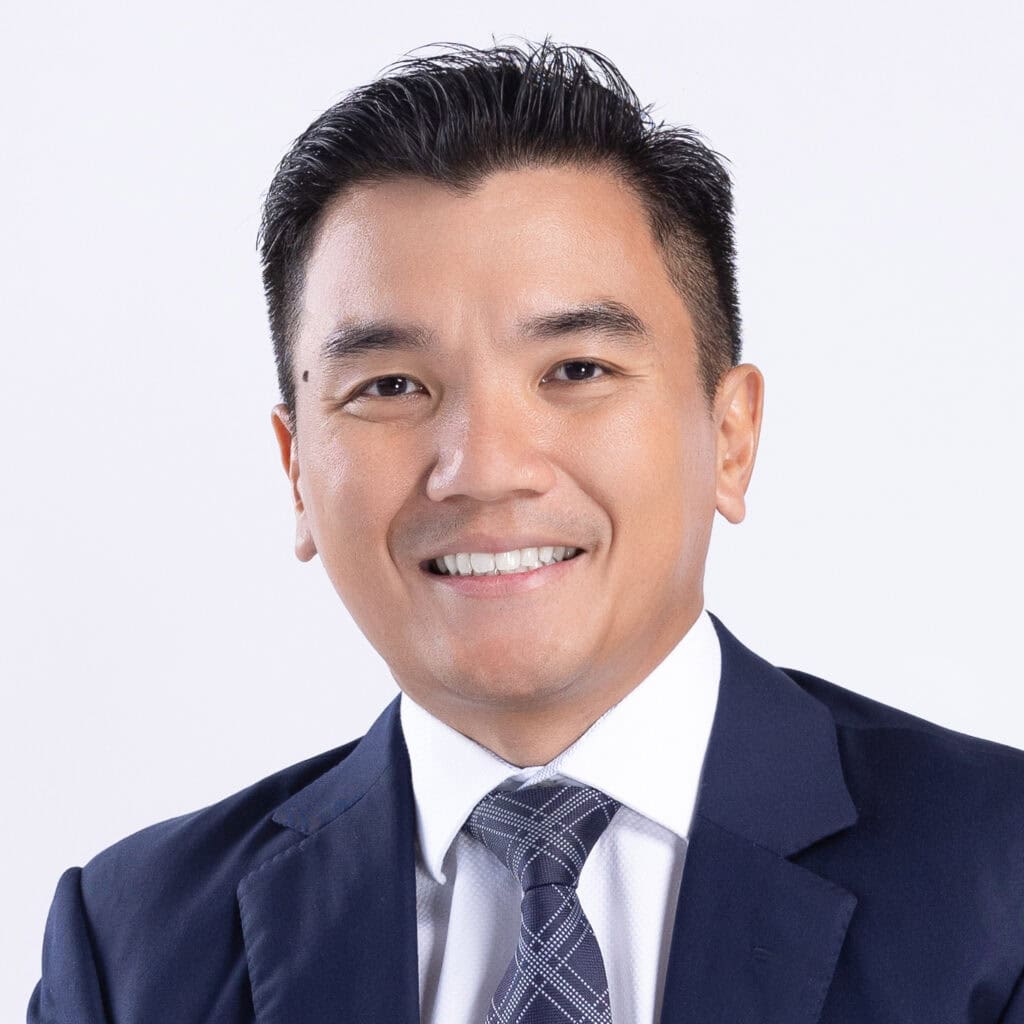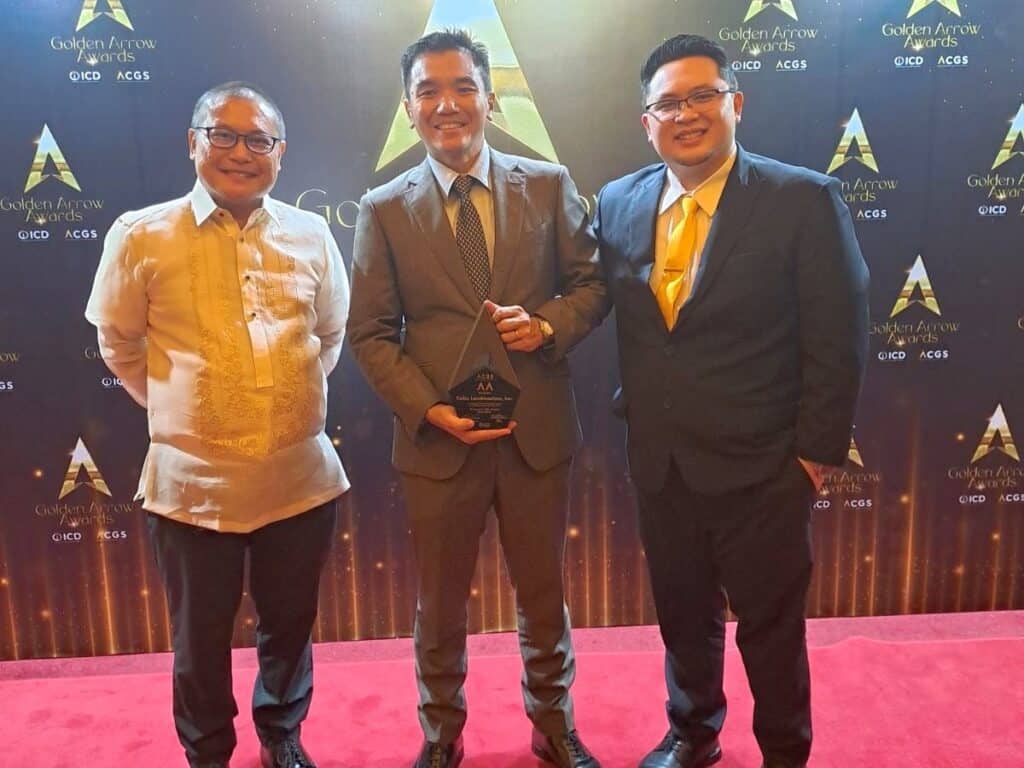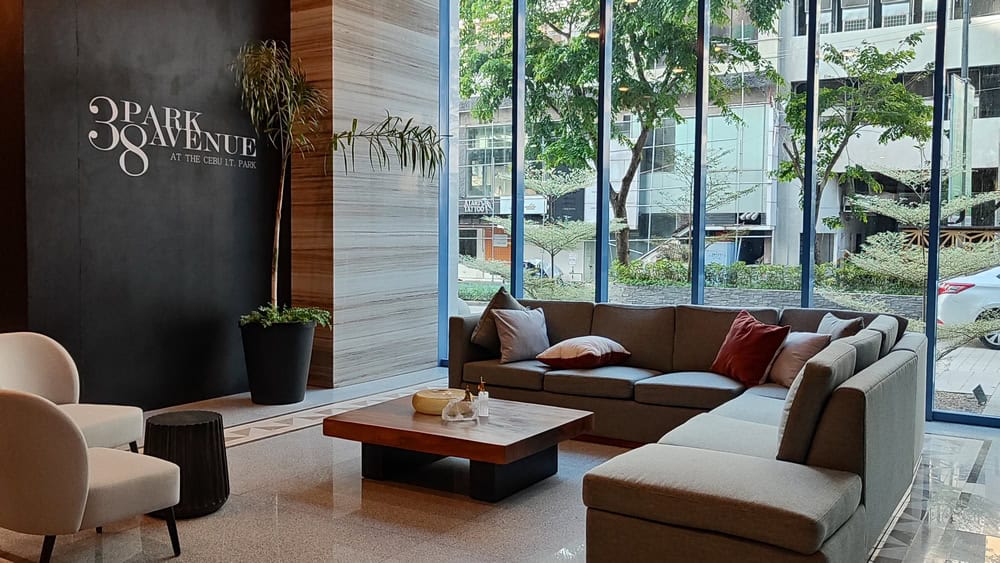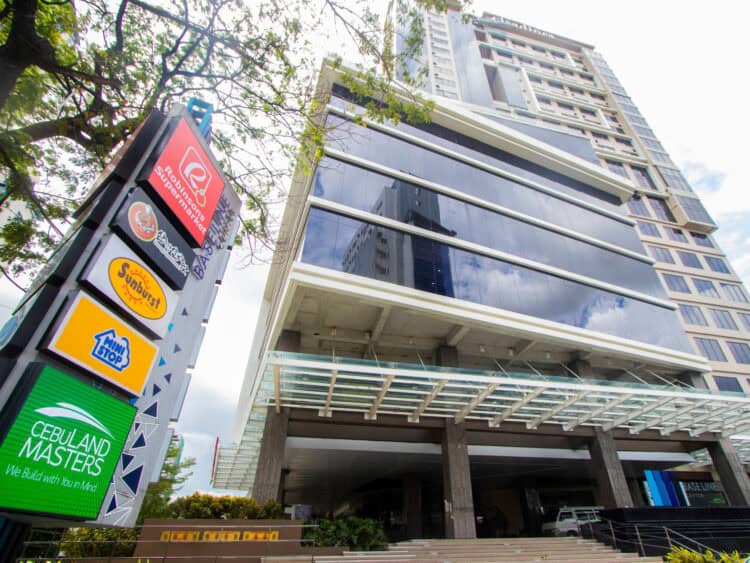It was supposed to be the merriest time of the year in 2019 when Typhoon Odette, or Super Typhoon Rai, hit the Philippines. With a wind speed of 316km/h and a 5-meter storm surge, it was one of the most powerful typhoons ever recorded, displacing over 4 million people, and causing damage to infrastructure across a huge area of the country, especially in Cebu.
Despite the losses in the real estate industry, Grant Cheng, the chief financial officer and executive director of Cebu Landmasters Inc. (CLI) recalls how the huge devastation became a precious opportunity to live out their values as a company.
Rebuilding dreams
“It was a warzone,” he recalls. “The first thing we did was we had to account for everyone in our company and make sure that they were safe and sound. This was a time when cell phone signals were starting to go down. That was really one of the most challenging times that we had to navigate through.”
One of the things they immediately decided on was to give the 14th-month bonuses to the employees early. “We usually give our 14th-month bonus later in the year. But in that year, we gave it early to ensure that our employees would get immediate help,” Cheng says.
They were also able to release more salary loans than ever before during that time because a lot of their employees had to have repairs in their houses.
As part of the company’s efforts to rebuild after the typhoon, CLI decided to fix and repair all the roofs in all their developments that were destroyed or damaged, whether it's in or out of warranty. Cheng says these were decisions that not a lot of organisations would have taken, but he thinks it spoke of the kind of developer they were and what investments and commitments the company would embody.

“We were able to emerge a stronger company out of that, and in the end that was an occasion that made us stronger from overcoming those challenges. But also, when times are tough, these are opportunities for a company to live up to its values. And when we look back at the decisions we made, it spoke to what kind of company we are now.” Grant Cheng
CLI was able to build back after that and emerged as one of the top real estate developers in 16 key cities in Visayas and Mindanao in the Philippines. With its diverse portfolio of real estate developments, CLI is set to build a blueprint for growth in the years to come.
However, another tough challenge came to CLI when the pandemic came. “I think the universal challenge of real estate developers in the pandemic was the supply chain issue, then labour mobility. We couldn’t ensure the availability of labour and supplies in our various construction sites,” Cheng narrates.
They had their managers, vice presidents, decision makers, suppliers, and contractors on the ground working together with various stakeholders to ensure that they could continue the progress and the delivery of their projects.
“Up and down our organisation, we made sure that we were able to take certain steps and decisions so that all our projects were able to continue. How were we able to recover? We never stopped. We were slowed but we never let our projects lie idle.”
Foundations for success

Cheng’s work ethic translates to his leadership. “From accounting to treasury to corporate planning and corporate finance to tax management, and cash flow management… that all falls under my scope of work and I am ultimately responsible for that,” says Cheng of his responsibility as the CFO of the top real estate developer.
He says that a leader should have a blend of two qualities: a good communicator and a deep thinker.
“A good financial leader for me is someone who thinks deeply so that he can communicate the principles behind certain decisions, directives, policy guidelines and strategic decisions of the company. Then one of the things that he must do is to communicate and elaborate on his thought process, the pros and cons of such decisions, how he was able to arrive at that point, considering all the available options,” he explains.
He also thinks leaders should possess humility and modesty, especially in tough times.
“Good times can sometimes mask bad leadership. But in bad times, if you're a bad leader, it's easy to see your flaws. And then people will look for leadership very quickly elsewhere. They will naturally be drawn to leaders who can make decisions and sacrifices. In a crisis, leaders emerge.” Grant Cheng
On solid ground
Cheng’s motivation lies in the solid groundwork of his mission and passion for home ownership in the Philippines. He is inspired to help CLI break new ground and open new doors in the real estate industry.

Source: Cebu Landmasters Inc.
“I memorise these statistics like the back of my hand,” he says. “There is a backlog of more than 6 million housing units in the Philippines. Meaning, that if we stopped having children in the Philippines and people stopped getting married, the whole Philippines still needs to build over 6 million housing units. There's still a long, long way to go in our country providing decent shelter, decent roofs over their heads and it is just something that goes much deeper than just having a place to live in.”
He says that building people’s houses provides emotional, social, and physical security. He wants to take part in the mission of giving someone the dignity to call somewhere a “home” for the first time.
“More importantly, it builds up that sense of citizenry. This feeling of belonging to a society and a community is cemented with home ownership. If you own a place in a certain location, you become defined by it. That's your neighbourhood. These are your neighbours. You contribute to the growth and development of the community where you raise your family. Without a permanent home, you are essentially a transient for whatever reason.”
Cheng says that wherever he goes in life, it has to be a place where his principles, values, and vision are very much aligned with what the organisation is trying to do.
“So, for me, that's what motivates me. It's simply making sure an organisation achieves the goals that I would have set out for myself.”
* Editor's notes: This article is part of the Cxociety Coffee Table Book project (The Project) which chronicles the journey and experiences of senior business, operations, finance and technology leaders in Asia in recent years. The Project illustrates the tenacity, ingenuity and resiliency of the human spirit in the face of seemingly endless challenges.
With nearly 40 stories chronicled in The Project, it is a must-read compendium of learnings and experiences from seasoned professionals in the region.




